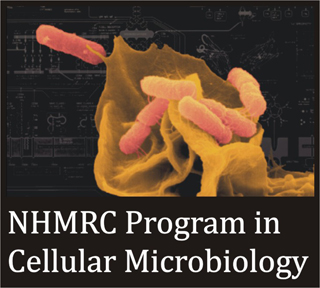A server for predicting and visualizing anti-CRISPR proteins
Anti-CRISPRs are widespread amongst bacteriophage and certain mobile genetic elements (such as transposons and prophage) and by inactivating the bacterial host’s CRISPR-Cas defence system, anti-CRISPRs promote bacteriophage infection and horizontal gene transfer. Identifying anti-CRISPR proteins and characterizing specific aspects of their function opens an avenue to explore and control CRISPR-Cas machineries, and therefore facilitate the development of new CRISPR-Cas based biotechnological and therapeutic tools. Past studies have uncovered important anti-CRISPRs in several model phage genomes, but a challenge exists to comprehensively screen and characterize anti-CRISPRs accurately and efficiently from the vastly increasing number of phage genome and metagenome sequencing projects.
In this work, we have developed an ensemble learning based predictor, PaCRISPR, to accurately identify anti-CRISPRs from protein datasets derived from genome and metagenome sequencing projects. PaCRISPR employs different types of feature recognition united within an ensemble framework. Extensive cross-validation and independent tests show that PaCRISPR achieves a significantly more accurate performance compared with homology-based baseline predictors and an existing toolkit. The performance of PaCRISPR was further validated in discovering anti-CRISPRs that were not part of the training for PaCRISPR, but which were recently demonstrated to function as anti-CRISPRs for phage infections within species of Listeria, Enterococcus, Streptococcus, Staphylococcus and Sulfolobus. For each predicted anti-CRISPR, data visualization on its relationships with other anti-CRISPRs, highlighting sequence similarity and phylogenetic considerations, is part of the output from PaCRISPR.
- The following browsers are supported by this website:
 Windows: Chrome, Firefox, Internet Explorer 8+, Opera
Windows: Chrome, Firefox, Internet Explorer 8+, Opera Mac: Chrome, Firefox, Opera, Safari
Mac: Chrome, Firefox, Opera, Safari Linux: Chrome, Firefox
Linux: Chrome, Firefox
- Wang J et al. PaCRISPR: a server for predicting and visualizing anti-CRISPR proteins. Nucleic Acids Research, 48, W348–W357. DOI: 10.1093/nar/gkaa432.
Lithgow Group
Infection and Immunity Program
Biomedicine Discovery Institute
Faculty of Medicine, Nursing and Health Sciences
Monash University
Melbourne, VIC 3800, Australia
Contact Us


